What do Willy Wonka and James Bond have in common?
The story of how famed children's books author Roald Dahl came to write the screenplay for the fifth James Bond movie, "You Only Live Twice."
I’ve always been a fan of Roald Dahl (then again, who hasn’t!), but it wasn’t until long into adult life that I discovered that he’d also written screenplays - such as his collaborations with Ian Fleming, the adaptations for You Only Live Twice, Chitty Chitty Bang Bang, as well as The Night Digger, a thriller starring his wife, Patricia Neal (she of The Day the Earth Stood Still and Hud).
Before telling you a bit more about Roald Dahl and how his excursion into the world of James Bond came about, a few words about the script pages below, personally annotated by the man himself. I came across those pages online as the annotated script was auctioned in 2008, going for roughly thirty thousand bucks. The script was a whopping two hundred and forty pages (with revisions). It was dated 17 June 1966. Well, that script now probably belongs to some ridiculously rich Bond nut and/or Dahl fan ... But heck, at least the rest of us get to look at a few of those pages. To peruse them right away, scroll to the end of the article.
Now then, about Roald Dahl’s foray into Bond world: Before Dahl came on board, another writer had penned a first draft, which seems to have been closely following Fleming’s novel - and that, according to Dahl, just didn’t work. He was a close friend of Ian Fleming and, I expect, that might have had a thing or two to do with him being approached to write the script. As I always say, the life of a screenwriter is not about this script or that, it is about relationships, it is about networking and building trust and genuinely caring about others. And so Dahl, who had just about zero experience writing scripts, got tasked with writing a James Bond movie.
By then he had already lived quite a life. He had been a fighter pilot during WWII, a diplomat and intelligence officer. He was successful, having written for more than twenty years already (his first children’s book was written in 1943). So there he was, the successful writer of James and the Giant Peach and Charlie and the Chocolate Factory, expected to deliver a Bond script. He later said that the novel had been “Fleming’s worst book, with no plot in it which would even make a movie.” He had to, essentially, start from script and created a fresh plot, while keeping some of the original story ideas.
Since he only had six weeks to deliver the script, he did something that’s just downright smart - he copied! Well, not exactly, of course, but he chose to use the basic plot of Dr. No. Sometimes, as writers, we’re pushed into narrow frames in which we’re expected to get creative (I actually always enjoy that challenge), and only on rare instances we’re given free rein, we’re allowed to roam and explore.
That’s what happened to Dahl, and I’m amazed that he, as someone new to screenwriting, was able to deliver. When given free rein, writers are sometimes downright blocked by infinite possibilities. In Dahl’s case, he was only given a few “musts,” among them ensuring that Bond would get to seduce three women, plus a main Bond girl, and that both an ally and a henchwoman needed to get killed.
Here’s another element that greatly worked in Dahl’s favor, and it is something that doesn’t happen nearly often enough: He had a truly collaborative director. It appears that Lewis Gilbert (who would go on to later also direct The Spy Who Loved Me and Moonraker) was supportive in script conferences.
Dahl elaborated, “He had some good ideas and then left you alone, and when you produced the finished thing, he shot it. Other directors have such an ego that they want to rewrite it and put their own dialogue in, and it’s usually disastrous. What I admired so much about Lewis Gilbert was that he just took the screenplay and shot it. That’s the way to direct: You either trust your writer or you don’t.”
I’ve just rewatched ‘You Only Live Twice’ and had to smile. One way or another, we always pigeonhole others. We know them in a certain way and can’t even begin to imagine that there’s just about always more to them. In Dahl’s case, we know from his children’s tales that he had a highly fertile mind that often found curiously macabre plot ways. Maybe then it shouldn’t come as that much of a surprise that this former intelligence officer could also think himself quite joyously into the world of James Bond. Well then, enjoy below pages!
Finally, I really can’t end this post without addressing the recent mess created by the publishers of Dahl’s books - you can read about it in The Guardian’s article here. Salman Rushdie wrote the following on Twitter,
“Roald Dahl was no angel but this is absurd censorship. Puffin Books and the Dahl estate should be ashamed.”
I can only agree with the man. Absurd is the right word. The official statement went along the line that the Roald Dahl estate and publisher Puffin “wanted to ensure that Dahl’s wonderful stories and characters continue to be enjoyed by all children today.” So they reviewed the many beloved children’s books and updated them where the wording was deemed insensitive. My goodness. Luckily, the backlash that followed at least led the publisher to confirm that they would publish two versions of the books, the originals, and the “updated” ones. But even that shouldn’t happen.
In 2021, Netflix bought the rights to use all of Dahl's material. They will, no doubt, adapt it any which way they want - and that’s their right. But to take Dahl’s original work, his original words, his books, and change them, feels painfully wrong. The Atlantic wrote an excellent piece about this. The writer opined,
“Dahl without nastiness is not Roald Dahl. Something about the process feels dishonest, like an Instagram filter that flattens and smooths, trending all faces toward one idealized yet utterly generic face.”
Yes, sensibilities have changed and a lot of that is just as it should be - but none of that should be used to change the past - any of it. No changing of what was, it happened. Some will enjoy what was, some will ignore it, some will learn from it - but there should be absolutely no altering of what DID happen and what WAS created.
If you don’t like Dahl’s books for your kids - don’t read them. Dahl’s work is lasting not just because it was so incredibly and exuberantly inventive, but also because it came with very uncomfortable twists and turns. I think it is utterly wrong to “update” authors’ works. They are moments in time and most often they offer an insight and reflection on the author, their life, and the times they lived in.
We shouldn’t aspire to live in cushioned bubbles that keep everything that causes friction at bay. We need friction, we need discomfort - that’s how we learn and grow.


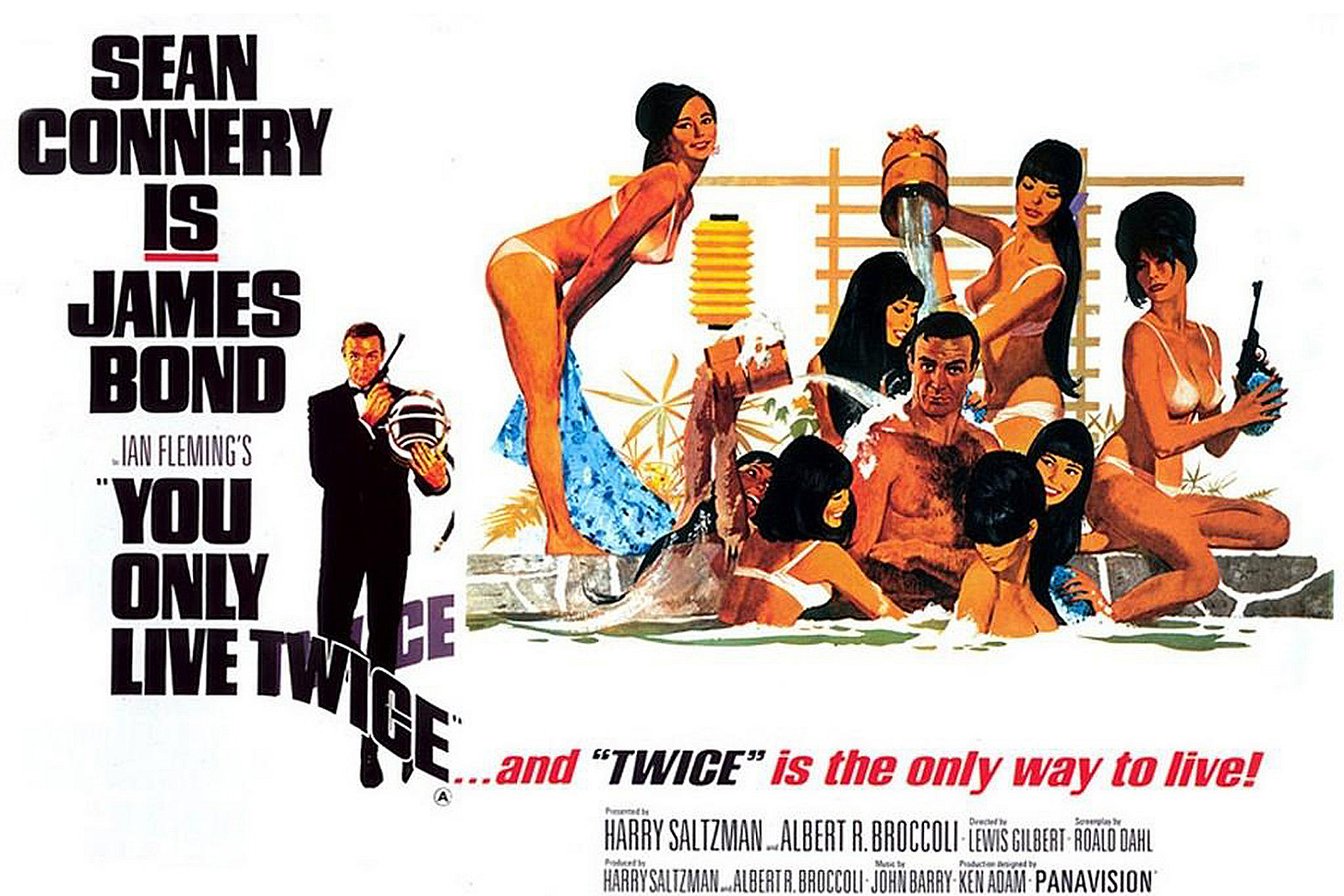

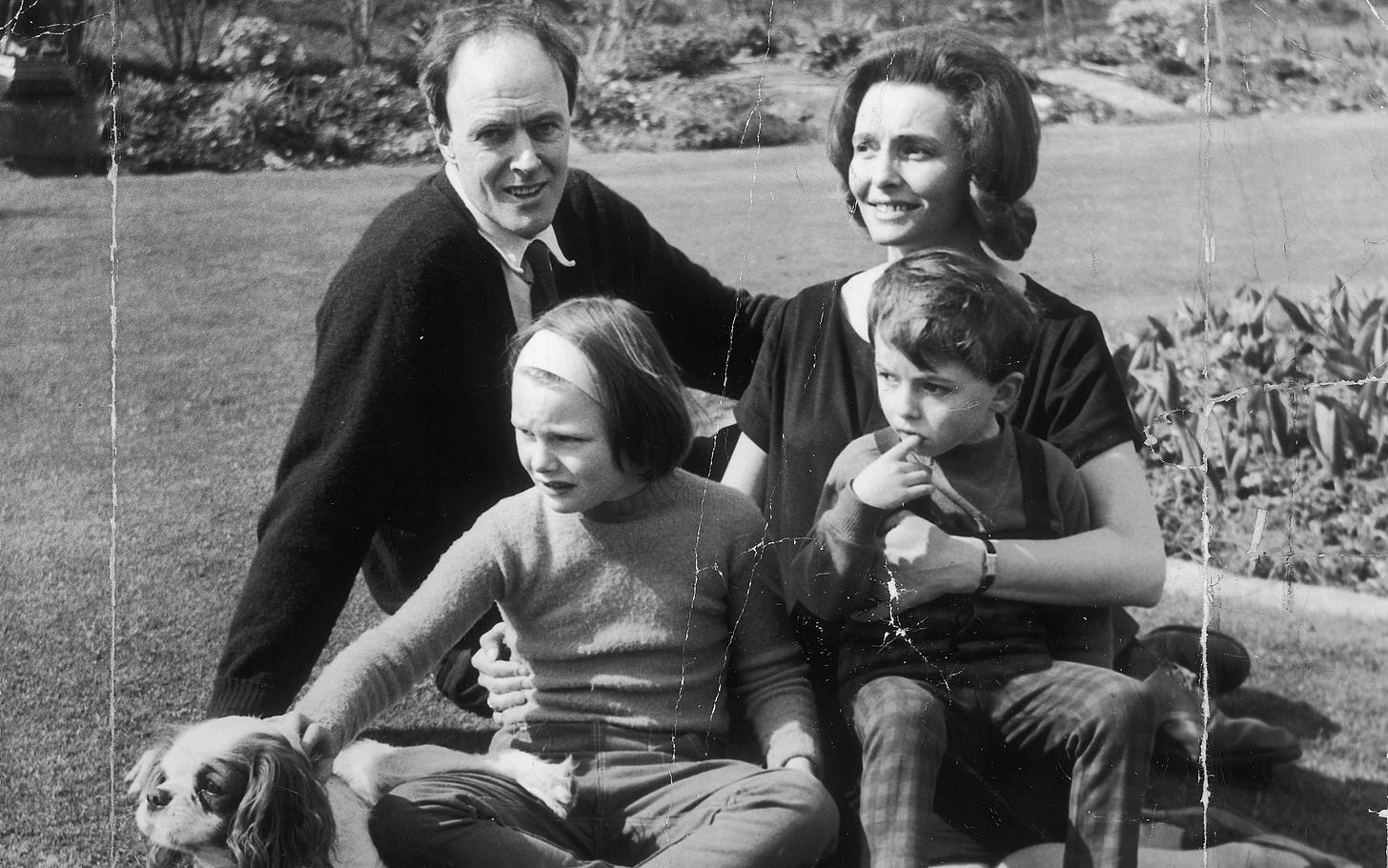

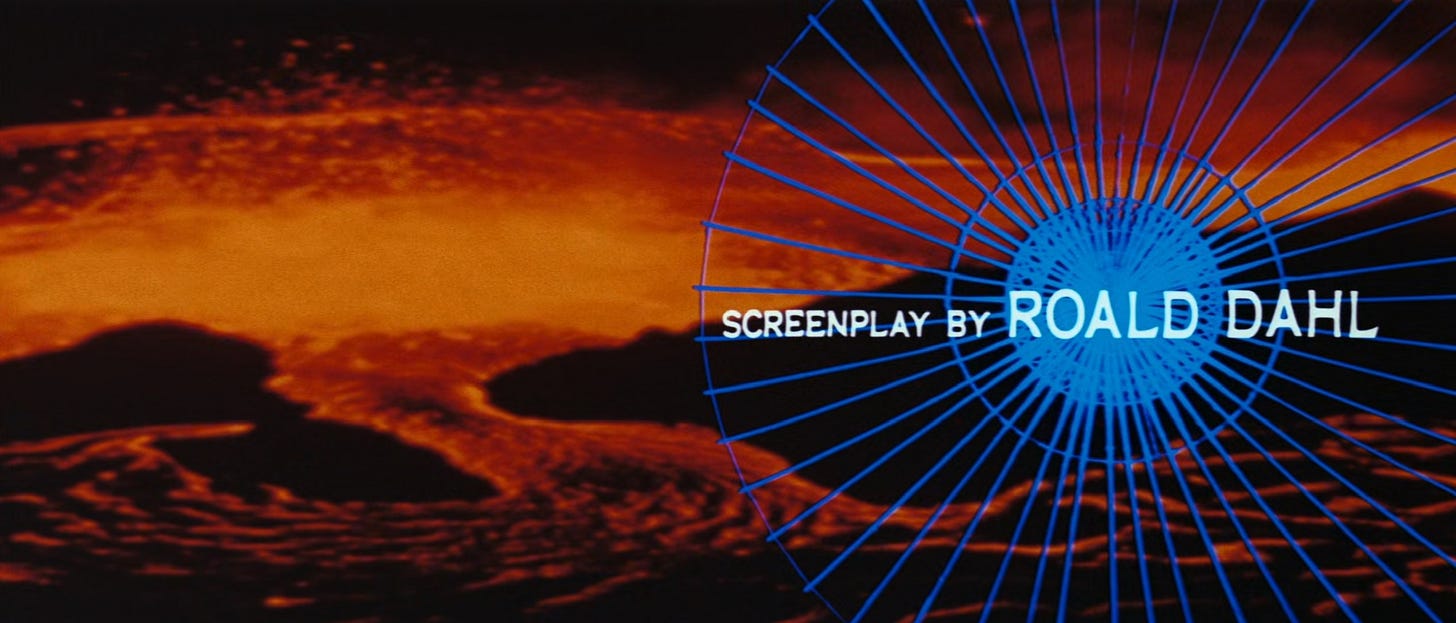


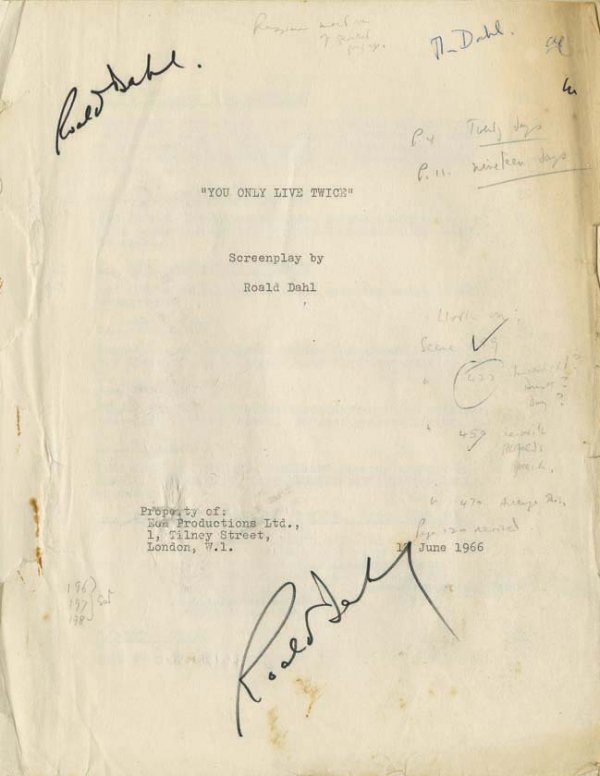
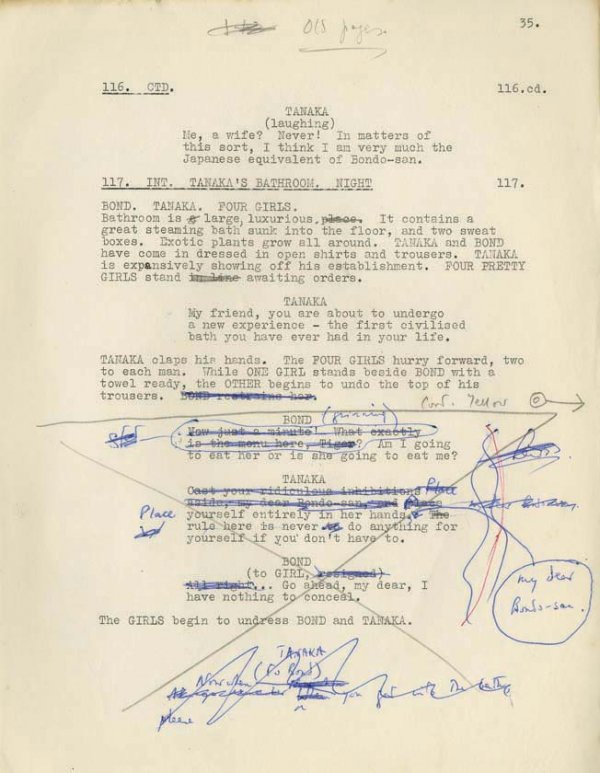
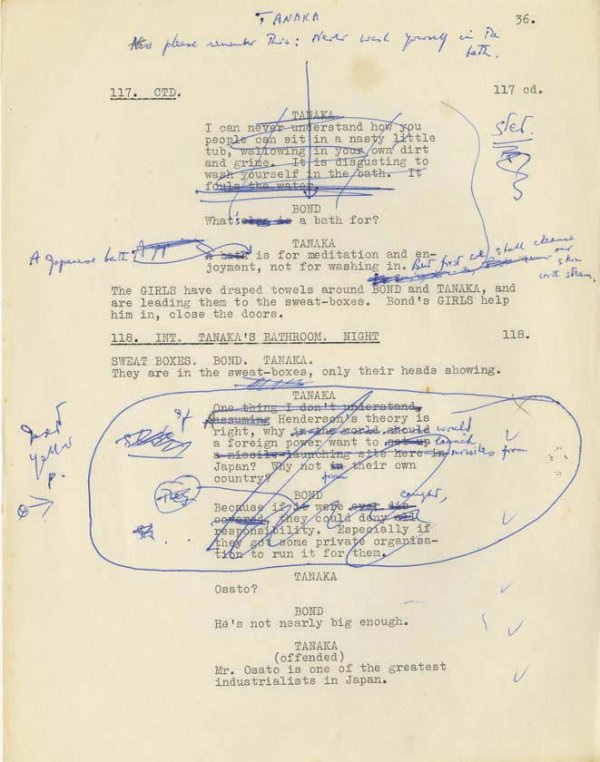
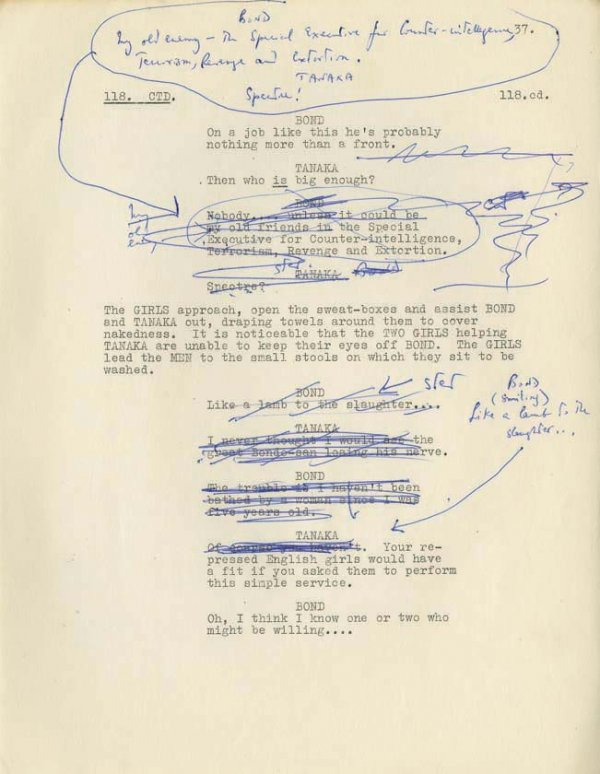

Loved the annotated script pages. I especially got curious about what was cut out. It seems to be mainly exposition and filler dialogue. That there is a lesson in screenwriting.
I’m also weary of changing past work to cater to contemporary sensibilities. It’s like altering history. Imagine all the Victorian stories are altered to include an African cast in the ranks of British nobility like Bridgerton did. In some generations we’ll forget there was slavery. We should be able to look at the past with a clear eye and see what was what.
Very interesting, also thank you for posting the screen play. It's appalling to change (or update) an author's works for any reason. Trying to make reality into a bad Hallmark movie has to stop.